Methane Emissions from the Arctic Ocean
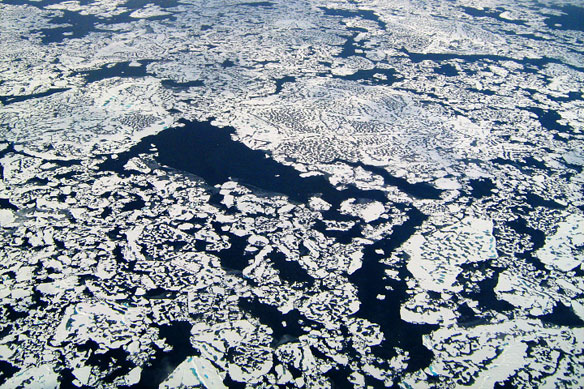
The fragile and rapidly changing Arctic is home to large reservoirs of methane, a potent greenhouse gas. As Earth’s climate warms, that methane is vulnerable to possible release into the atmosphere, where it can add to global warming.
Climate Impacts Day: Connecting the Dots
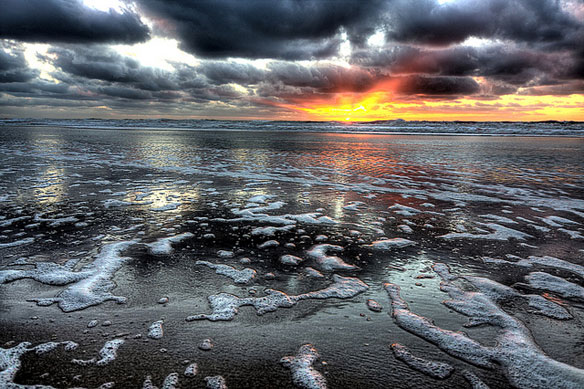
“We just celebrated Earth Day. May 5 is more like Broken Earth Day, a worldwide witness to the destruction global warming is already causing,” said author, environmentalist and 350.org founder Bill McKibben. “People everywhere are saying the same thing: our tragedy is not some isolated trauma, it’s part of a pattern…”
Climate change: what do models predict for Europe?
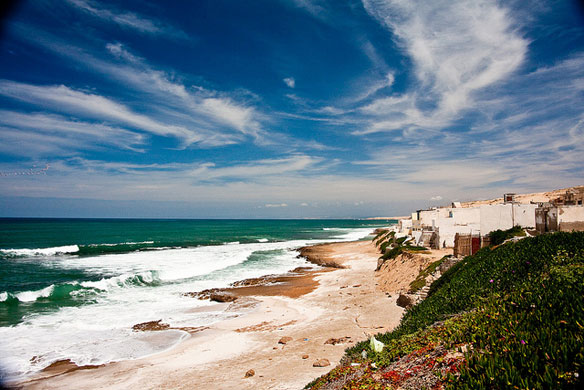
Global warming in Europe this century will mostly affect Scandinavia and the Mediterranean basin, the European Environment Agency warned.
A Mélange of Ice
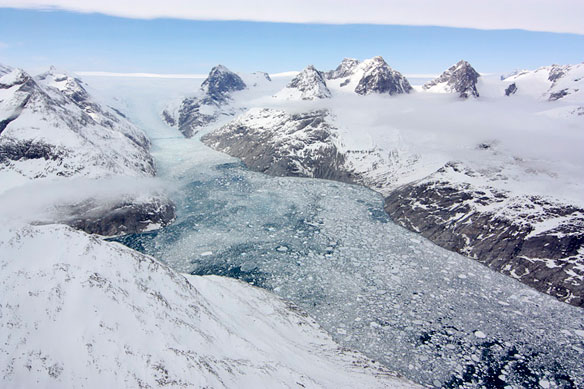
Global warming has had a particularly strong impact on the Arctic, yet the effects on the region’s ice have been anything but steady or predictable. The once seemingly insignificant and remote Arctic region is now understood to be intimately connected to the rest of the planet…
Waiting for the sun : Solar Power in India
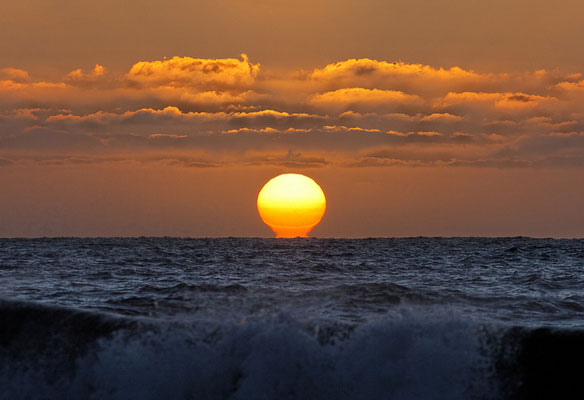
Is the sun the answer to India’s energy problems…?
Pollution for the Sake of Economic Growth
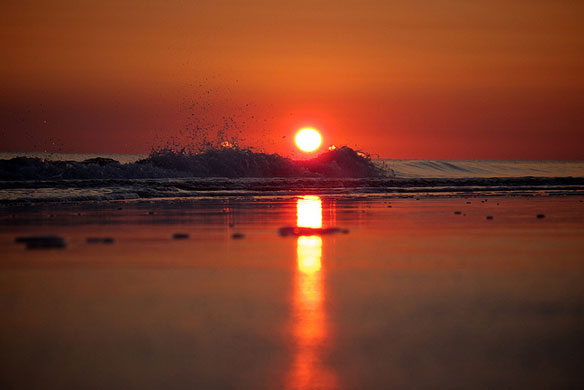
Rapid economic growth will continue to be energy-intensive and highly polluting for the foreseeable future, adding to environmental harm on a global scale and having a tremendous impact on ecological systems, according to a study that looked at a decade’s worth of data from 30 Chinese provinces to build a comprehensive model of pollution.
Maine Regulators Pave Way for US Tidal Power
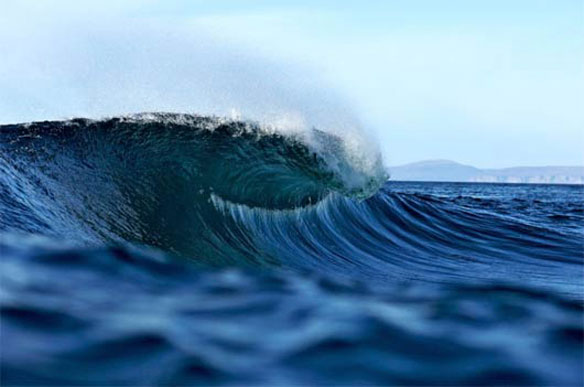
Maine regulators put three utilities on the path to distribute electricity harnessed from tides at the nation’s eastern tip, a key milestone in a bid to turn the natural rise and fall of ocean levels into power.
5 Misconceptions About Sea-Level Rise
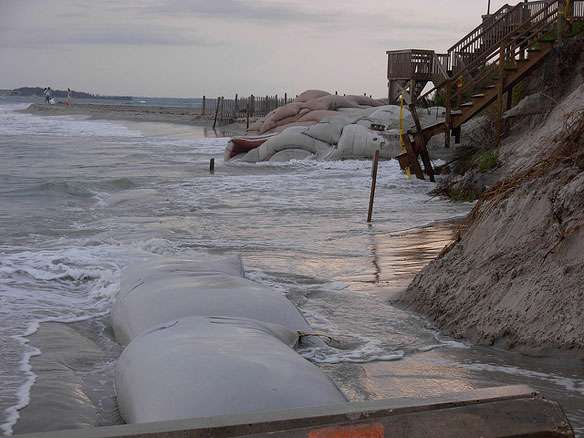
Clear scientific consensus on global climate change amongst scientists does exist. Every major scientific organization in the United States, Europe, and Asia has produced statements supporting the science behind the human contribution to global warming and indicating an expected acceleration in the rate of sea-level rise over the next century…
The State of Glaciers
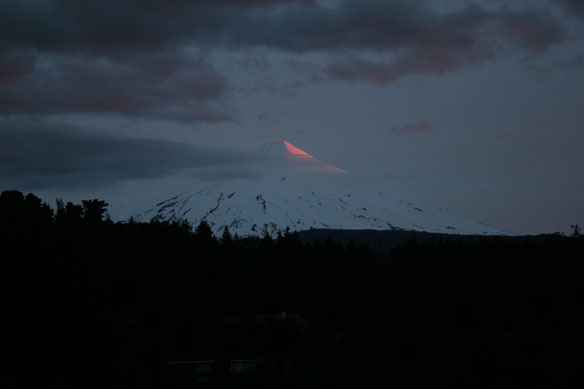
Glaciers are one of the natural environments most often used to illustrate the impacts of climate change. It is fairly indisputable that in a warming world, glaciers melt faster. Yet two recent studies suggest that in the Himalayas the rate of mass loss has been small and that further west, in the Karakoram range, the glaciers are actually slightly gaining mass. Is there a conflict between these studies and the wider body of research indicating that, worldwide, glaciers have been receding for several decades?
